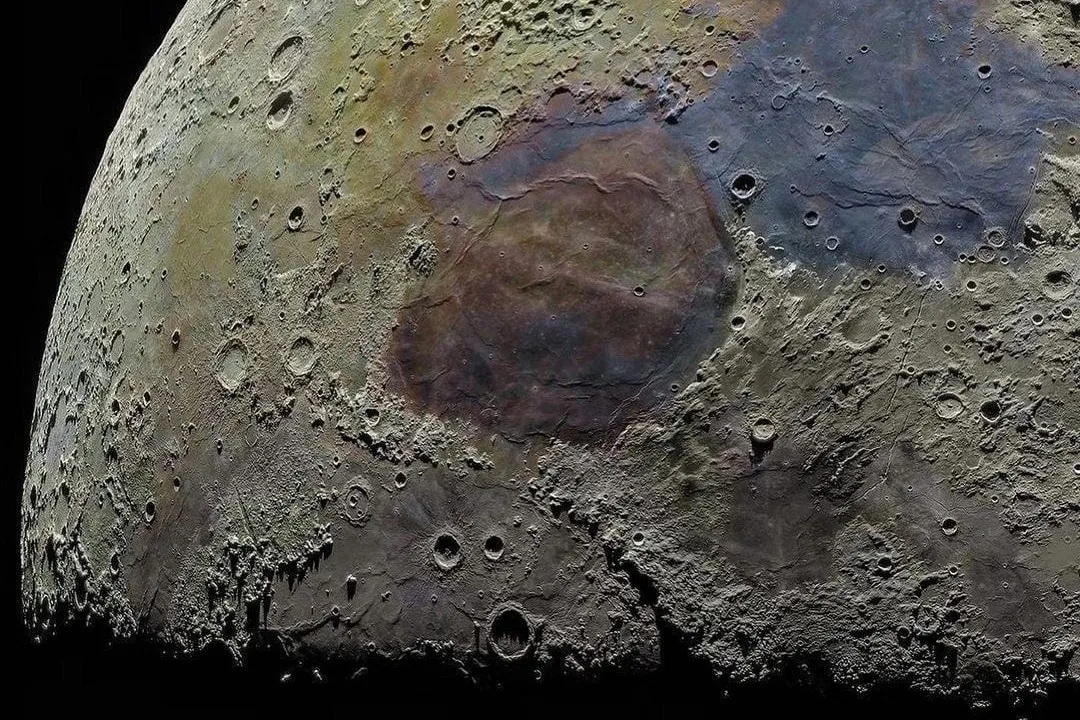Paris, March 14 (EIRNS) – “In less than ten days, a whole section of the Western academic world has chosen to cut its ties with Russian research as a sign of protest against the war in Ukraine led by the Kremlin,” reports French daily La Tribune. And this despite the fact that, fearing to be cut off from the West, 7,000 Russian researchers had openly disapproved on Feb. 24 the Russian military operation in Ukraine, in an open letter to President Vladimir Putin posted on the website of Troitsk Variant-Science, a leading scientific publication.
That didn’t prevent MIT from ending its partnership with the Skolkovo Institute of Science and Technology (Skoltech). On March 7, it was the turn of the Association of European Universities (EUA) to announce the suspension of its collaboration with 12 Russian universities whose rectors had said that supporting the army and the President was part of their patriotic duty. The EUA replied that they betrayed the European values they “had embraced by joining the association.”
At the same time, Germany, Denmark, the Netherlands, Norway, Sweden and Lithuania have announced that they are halting all partnerships with Russia and Belarus. In France, the National Center for Scientific Research (CNRS) has suspended “all new forms of collaboration” with Russia, while assuring that Russian scientists working in CNRS laboratories will be able to continue.
And on March 9, it was the turn of the prestigious European Organization for Nuclear Research (CERN), the world’s largest particle physics center, based in the formerly neutral country of Switzerland, to announce its series of decisions taken at an extraordinary council meeting attended by representatives of its 23 member states. The laboratory (whose motto is “Science for Peace") ended up voting to suspend Russia’s observer status and forbade its representatives from attending CERN’s deliberations. However, it chose not to expel the 1,000 Russian scientists who represent about 8% of CERN’s international users.



